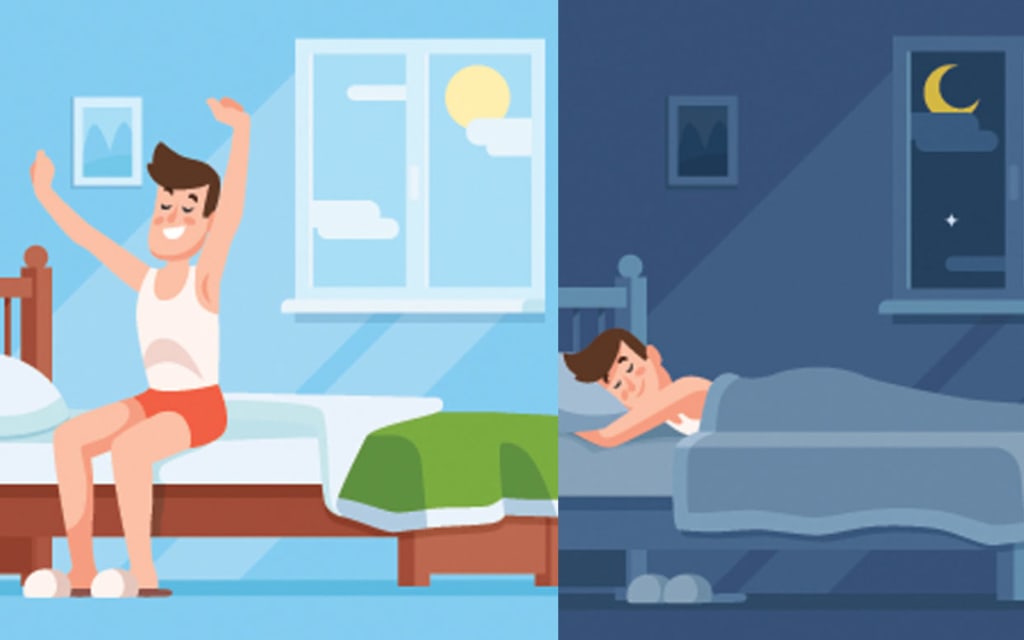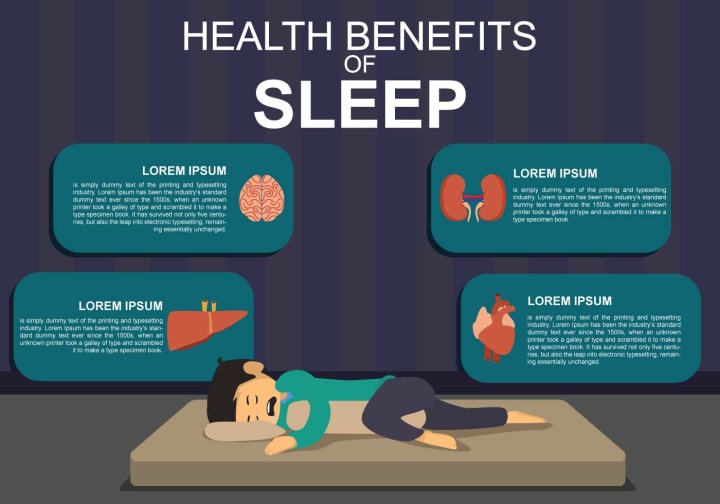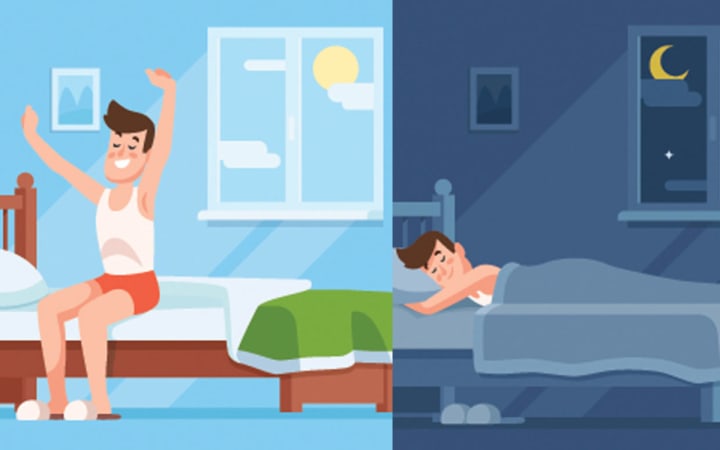The Important of Sleep for Physical and Mental health
health tips

Sleep is one of the most essential and critical aspects of our lives that affects both our physical and mental health. Yet, it is often the first thing we sacrifice when we are feeling overwhelmed, have too much work to do, or simply want to stay up late. However, lack of sleep can lead to serious consequences and have a major impact on our overall health and well-being. In this blog post, we'll take a closer look at the importance of sleep and why it should be a top priority for everyone.
Physical Health Benefits of Sleep

Getting enough sleep is critical for maintaining good physical health. During sleep, our bodies undergo important physiological processes that help us to recover and rejuvenate from the day's activities. For example, when we sleep, our bodies are able to repair and grow tissues, build bones, and produce hormones that regulate growth and metabolism. Sleep also plays a vital role in regulating our circadian rhythm, which is the internal biological clock that helps to regulate our sleep and wake cycles.
In addition to these benefits, sleep also strengthens our immune system and helps us to fight off infections and illnesses. Studies have shown that people who get enough sleep are less likely to get sick, and if they do fall ill, they tend to recover more quickly. Sleep also plays a role in maintaining a healthy weight, as it helps to regulate our hormones that control hunger and fullness. People who regularly get insufficient sleep tend to have higher levels of the hormone ghrelin, which increases hunger and cravings for high-calorie, sugary foods, and lower levels of leptin, which signals the brain that we are full. This can lead to overeating and weight gain over time.
Mental Health Benefits of Sleep

Sleep is not just important for our physical health, it also has a significant impact on our mental well-being. During sleep, our brains undergo important processes that help us to consolidate memories, process information, and make connections between new and existing knowledge. Sleep also helps to regulate our emotions, improve our mood, and reduce feelings of anxiety and depression. People who regularly get insufficient sleep tend to have higher levels of stress, anxiety, and depression and lower levels of overall life satisfaction and happiness.
Lack of sleep can also impair our cognitive abilities and decision-making skills. It can affect our attention, concentration, reaction time, and problem-solving abilities, making it more difficult to complete tasks and make sound decisions. People who regularly get insufficient sleep are also more prone to accidents and errors, as they are less alert and focused during the day.
How to Get Enough Sleep
Getting enough sleep is essential for our overall health and well-being, so it's important to make it a top priority. Here are some tips for improving your sleep habits:
Establish a consistent sleep schedule: Try to go to bed and wake up at the same time every day, even on the weekends. This helps to regulate our circadian rhythm and promote better sleep quality.
Create a sleep-conducive environment: Keep your bedroom cool, dark, and quiet, and invest in a comfortable mattress and pillows. Consider using curtains, black-out shades, or an eye mask to block out light, and a white noise machine to block out any distracting sounds.
Limit exposure to screens before bedtime: The blue light emitted by electronic devices, such as smartphones, laptops, and televisions, can interfere with our ability to fall asleep, so it's best to avoid screens for at least an hour before bedtime.
Avoid caffeine and alcohol:Both caffeine and alcohol can interfere with our ability to fall asleep and stay asleep, so it's best to avoid consuming them, especially in the hours leading up to bedtime. If you do need a pick-me-up during the day, opt for natural sources of energy, such as exercise or a healthy snack, rather than relying on caffeine.
Exercise regularly: Regular exercise has been shown to improve sleep quality and help people fall asleep more quickly. Just be sure to finish your workout at least a few hours before bedtime, as exercising too close to bedtime can interfere with sleep.
Practice relaxation techniques: Relaxation techniques, such as deep breathing, meditation, or yoga, can help to reduce stress and anxiety and promote better sleep. Try incorporating these techniques into your daily routine, especially in the hours leading up to bedtime.
Seek professional help if needed: If you are struggling with sleep issues, such as insomnia or sleep neap, don't hesitate to seek professional help. Your doctor or a sleep specialist can help you determine the underlying cause of your sleep problems and develop a treatment plan that is right for you.
In conclusion, sleep is one of the most important and critical aspects of our lives, and it plays a vital role in both our physical and mental health. By making sleep a top priority and taking steps to improve your sleep habits, you can ensure that you are getting the quality sleep you need to feel your best and be your best. So, make sleep a non-negotiable part of your routine, and your body and mind will thank you.
About the Creator
Enjoyed the story? Support the Creator.
Subscribe for free to receive all their stories in your feed. You could also pledge your support or give them a one-off tip, letting them know you appreciate their work.





Comments
There are no comments for this story
Be the first to respond and start the conversation.